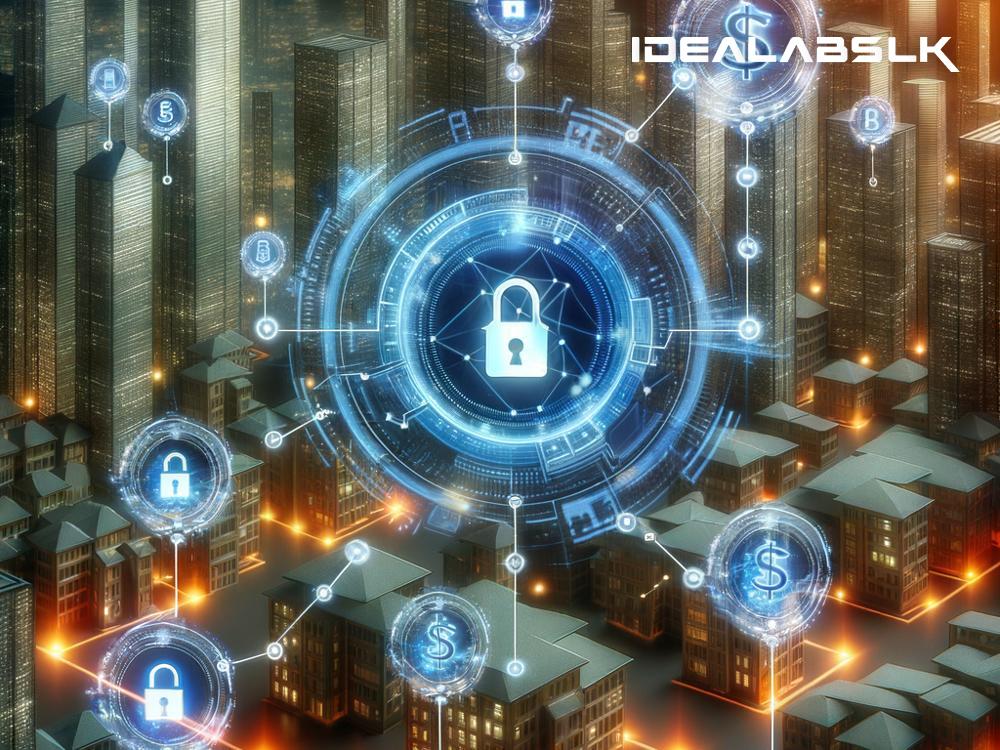Blockchain for Real Estate: Tokenization and Its Impact on Real Estate Investment
Real estate has long been a solid choice for investors looking for a stable and profitable place to put their money. But, it comes with its own set of challenges, like big upfront investments, hard-to-understand paperwork, and sometimes, a slow and bumpy journey to actually making a profit. However, the dawn of blockchain technology is transforming the real estate battleground, particularly through something called "tokenization." Let's break down what this means and how it's shaking things up in the real estate world.
Understanding Blockchain and Tokenization
Think of blockchain as a digital ledger that securely records transactions. This technology is famous for underpinning cryptocurrencies like Bitcoin. However, its potential far exceeds just digital money.
Tokenization, in the context of real estate, means dividing property into digital tokens that represent ownership or a share in the property. These tokens live on the blockchain, making them secure and easy to buy, sell, or trade, just like stocks in a company.
The Impact of Tokenization on Real Estate Investment
1. Democratizing Real Estate Investments
Traditionally, investing in real estate demanded a hefty sum of money upfront, sidelining small-scale investors. Tokenization changes this narrative by breaking down property investments into bite-sized, affordable pieces. Now, with just a few hundred dollars, you can own a piece of a property, opening the door for more people to invest in real estate.
2. Improving Liquidity
Real estate is known for being a "liquid" asset — that means it's not always quick or easy to turn into cash. Selling property can be a long process involving lots of paperwork and red tape. Tokens, however, can be bought or sold much like stocks, making it easier and quicker to cash in on your investment.
3. Enhancing Transparency and Security
The blockchain's nature ensures every transaction is recorded and traceable, minimizing the chances of fraud or disputes over ownership. Moreover, since these records are decentralized — meaning they aren't stored in a single location that could be a hacker's target — it adds an extra layer of security to your investment.
4. Streamlining Transactions
Buying or selling real estate traditionally involves a lot of paperwork and middlemen, which can be costly and slow. Tokenization simplifies this process. Since tokens and their transactions reside on the blockchain, it cuts through a lot of the bureaucratic red tape, making transactions faster and cheaper.
5. Globalizing Real Estate Investment
Owning property in another country can be a complicated process with legal and financial hurdles. Tokenization makes it easier for investors around the globe to diversify their portfolios with international properties. Since these tokens can be traded online, geographical boundaries blur, allowing for a more globalized real estate market.
Challenges and Considerations
While tokenization in real estate promises a revolution, there are challenges and considerations. Regulatory and legal frameworks around blockchain and real estate are still evolving, posing potential risks. Additionally, the concept is relatively new, and widespread adoption will take time, education, and trust-building among traditional investors.
The Road Ahead
As we move forward, the impact of blockchain and tokenization on real estate investment is poised to be profound. By making real estate investment more accessible, liquid, secure, and efficient, it's not just changing how people invest in property; it's opening up opportunities for a whole new class of investors.
For those considering jumping into the world of tokenized real estate, it’s crucial to conduct thorough research, understand the risks, and possibly seek advice from professionals. As the landscape evolves, staying informed and cautious will be key to navigating this exciting new frontier.
In conclusion, tokenization backed by blockchain technology is Scripting a new chapter in real estate investment. By breaking down barriers, enhancing transparency, and offering unprecedented flexibility and security, it's not just revolutionizing the industry; it's redefining the very essence of what it means to invest in real estate.

